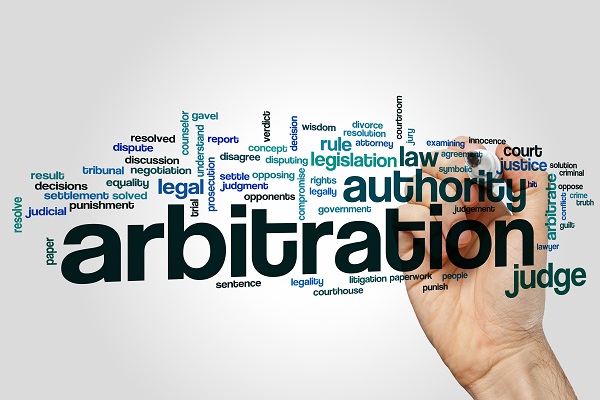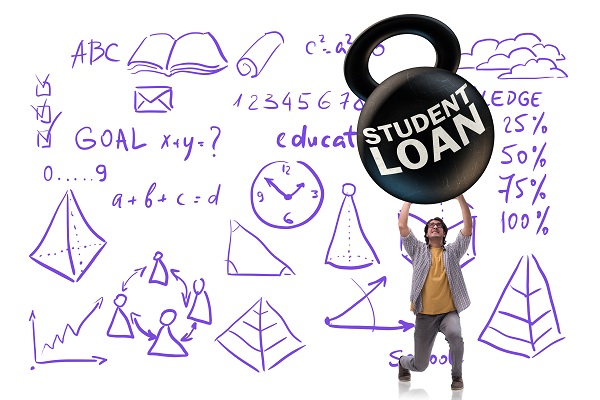The U.S. Court of Appeals for the Fifth Circuit recently affirmed the dismissal of a debtor’s claims against a debt collector alleging that a telephone call placed to his sister constituted an improper third-party communication in connection with the collection of a debt, in violation of the federal Fair Debt Collection Practices Act (FDCPA).
Posts tagged as “Fifth Circuit”
The U.S. Court of Appeals for the Fifth Circuit recently held that a consumer’s contractual obligation to repay an overpayment in government grant money received by the debtor qualified as a “debt” under the federal Fair Debt Collection Practices Act (FDCPA) because it involved a consensual promise to repay in exchange for receipt of an item of value, and the subject of the transaction was primarily for personal, family, or household purposes.
The U.S. Court of Appeals for the Fifth Circuit recently reversed a trial court’s order sanctioning a consumer’s counsel for failure to promptly settle a lawsuit, but affirmed the trial court's order denying a motion to recuse because the trial court was not biased against the consumer.
The U.S. Court of Appeals for the Fifth Circuit recently affirmed a trial court’s order compelling the arbitration of an employee’s federal age discrimination claim against a financial institution employer, holding that the trial court correctly found that there was a meeting of the minds between the employee and the employer as required to form the arbitration agreement.
The U.S. Court of Appeals for the Fifth Circuit recently held that the restrictions on the president's removal authority under the Consumer Financial Protection Act, allowing for the removal of the CFPB's director only for “inefficiency, neglect of duty, or malfeasance in office,” are valid and constitutional.
In a case of first impression, the U.S. Court of Appeals for the Fifth Circuit recently held that the protections against default judgment under the Servicemembers Civil Relief Act (SCRA) do not apply to the seizure and sale of real property in in rem proceedings under Louisiana law where the debtors have agreed to a confession of judgment in the mortgage or security agreement.
The U.S. Court of Appeals for the Fifth Circuit recently reversed certification of a consumer class alleging that a debt collection letter violated the federal Fair Debt Collection Practices Act (FDCPA).
The U.S. Court of Appeals for the Fifth Circuit recently reversed the denial of a lender’s motion to compel arbitration in an adversary bankruptcy proceeding for allegedly violating the federal Truth in Lending Act (TILA), holding that -- despite conflicting clauses in two different relevant agreements -- the parties had entered into a valid arbitration agreement that delegated the threshold issue of arbitrability to the arbitrator.
The U.S. Court of Appeals for the Fifth Circuit recently held that putative class members were not entitled to tolling under Florida’s statute of limitations because the federal rule of tolling for putative class members did not override the Florida statute.
The U.S. Court of Appeals for the Fifth Circuit recently affirmed judgment against a borrower for quiet title claims brought against the owner and servicer of her mortgage loan, and entered judgment of foreclosure in the loan owner and servicer’s favor on their counterclaims for foreclosure against the borrower.
The U.S. Court of Appeals for the Fifth Circuit recently held that a bankruptcy court lacks the power to enforce discharge injunctions entered in other districts, and that the debtors’ particular private education loans were not excepted from discharge. A copy of the opinion in Crocker v. Navient Solutions, LLC is available at: Link to Opinion. Two debtors obtained student loans, one to prepare for his bar exam, and the other to fund tuition and expenses to attend a vocational school, from a “for-profit, public corporation whose loans are not part of any governmental loan program.” The loans were then transferred…
The U.S. Court of Appeals for the Fifth Circuit recently affirmed a bankruptcy court order denying a bank’s motion to compel arbitration, holding that when a debtor seeks to enforce a discharge injunction, a bankruptcy court may decline to compel arbitration because it implicates a bankruptcy court’s ability to enforce its own orders. A copy of the opinion in Henry v. Educational Financial Service is available at: Link to Opinion. A borrower took out a student loan and subsequently filed for Chapter 13 bankruptcy. The bankruptcy court confirmed the plan. The borrower made the payments to her creditors, including her…












